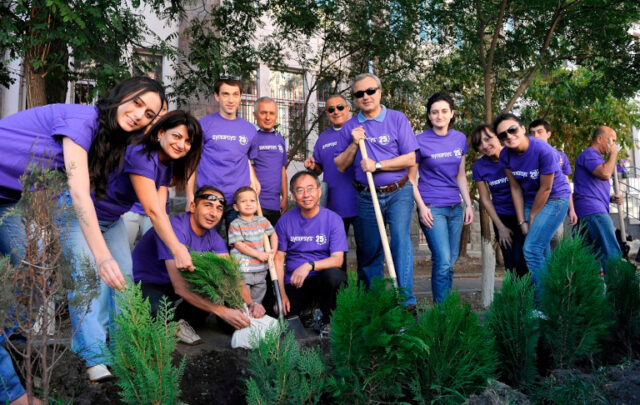Wanting to demonstrate that “cities can be less impactful on the planet,” natural builder Lydia Doleman bought and remodeled a Portland house to demonstrate her values. Composting toilets reduce water usage while feeding the soil. Growing food shortens dependencies. Building materials were recycled and/or less toxic. She revised the floor plan to create spaces which encourage shared living rather than separate spaces. She also built Portland’s first permitted straw bale residence a cob studio and. Take a tour with Lydia in part 2. Episode 246. [theflyinghammer.com]
Natural Buildings for Urban Living (part 1)
By Janaia Donaldson, originally published by Peak Moment Television
November 18, 2013

Janaia Donaldson
Janaia Donaldson is the host and producer of Peak Moment TV conversations showcasing grass roots entrepreneurs pioneering locally reliant, resilient communities during these challenging times of energy and resource decline, ecological limits, and economic turbulence. We tour North America in our mobile studio, taping on location. Peak Moment Conversations are online at www.peakmoment.tv/
Tags: Buildings, Cohousing, compost toilets, strawbale building, Urban Design
Related Articles
Guide to Climate Action in Your Local Community
By Cate Mingoya-LaFortune, The Observatory
As you continue along your journey in fighting against the climate crisis, use whatever resources or privileges you have not just to advance positive change but also to make sure those who that change will most impact are actively in the room and are being listened to.
December 19, 2024
Saturnalia
By Eliza Daley, By my solitary hearth
We don’t need to save the world, but we might want to think about saving ourselves. No, not think, do. We need to do more and think less and maybe not order anything at all.
December 19, 2024
How to Nationalize Minnesota’s Universal Breakfast Bill
By Torsheta Jackson, YES! magazine
If we want to bring universal school meals to all children, regardless of income, it’s going to take a combination of imagination, tolerance for criticism, and a shift in how we consider this issue.
December 18, 2024




